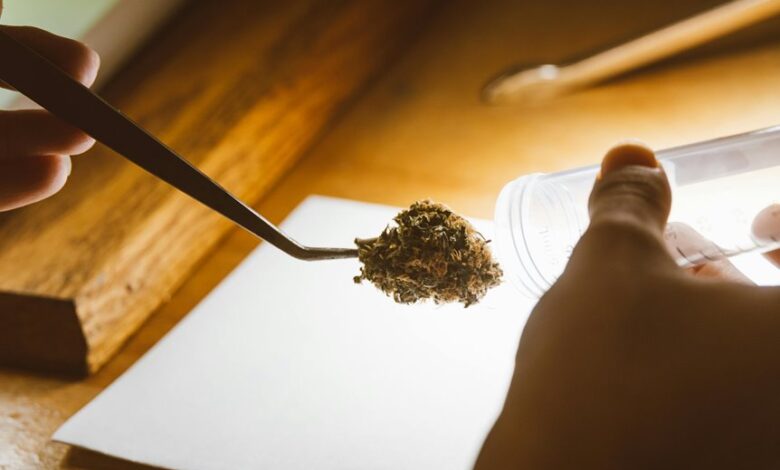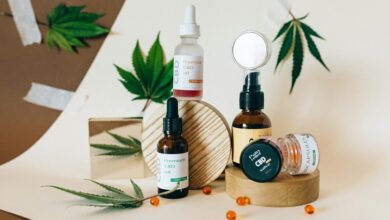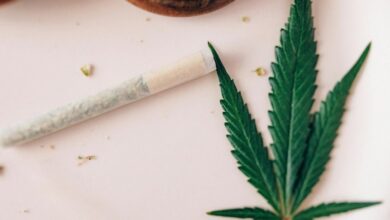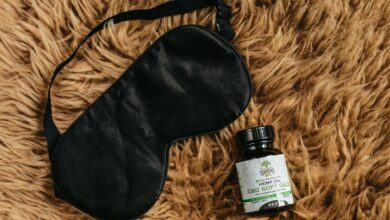Does Cbd Come up on a Drug Test

The relationship between CBD and drug testing is complex. While CBD itself typically does not show up on standard drug tests, the presence of THC in some products poses a risk for users. Understanding the types of CBD products and their THC content is essential for anyone concerned about potential positive test results. This raises important questions about how drug tests function and what precautions users can take to safeguard themselves.
Understanding CBD and THC: The Key Differences
Cannabidiol (CBD) and tetrahydrocannabinol (THC) are two prominent cannabinoids found in the cannabis plant, each possessing distinct chemical properties and effects.
CBD benefits include anti-inflammatory, analgesic, and anxiolytic properties without psychoactive effects.
In contrast, THC effects encompass euphoria and altered perception, often leading to intoxication.
Understanding these differences is crucial for consumers seeking therapeutic advantages while navigating potential legal and employment-related implications.
Types of CBD Products and Their THC Content
Various types of CBD products are available on the market, each differing in their THC content.
Common CBD product types include full-spectrum, broad-spectrum, and CBD isolate.
Full-spectrum products contain up to 0.3% THC, while broad-spectrum products have negligible THC levels.
CBD isolate is THC-free.
Understanding these differences is crucial for individuals concerned about THC levels and potential drug testing outcomes.
How Drug Tests Detect THC and CBD
How do drug tests identify the presence of THC and CBD?
Drug test mechanisms typically focus on metabolites produced during CBD metabolism and THC breakdown.
Immunoassay tests, commonly used for initial screenings, detect these metabolites in urine or blood samples.
Confirmatory tests, such as gas chromatography-mass spectrometry, provide precise identification, distinguishing between compounds to ensure accuracy in detecting THC while often overlooking non-psychoactive CBD.
Tips for CBD Users to Avoid Testing Positive
While CBD is often marketed as a non-psychoactive alternative to THC, users should be aware of the potential for trace amounts of THC in some products, which could lead to positive drug test results.
To minimize risk, users should opt for products labeled as THC-free, monitor their CBD dosage carefully, and consider their testing frequency to ensure compliance with drug policies.
Conclusion
In conclusion, while CBD itself typically does not appear on drug tests, the potential presence of trace THC in full-spectrum products poses a risk for users. By carefully selecting THC-free options and being mindful of consumption, individuals can navigate the complexities of modern drug screening. Just as knights of old donned armor for protection, CBD users must equip themselves with knowledge to safeguard against unexpected positive test results. Awareness and vigilance remain paramount in this evolving landscape.





